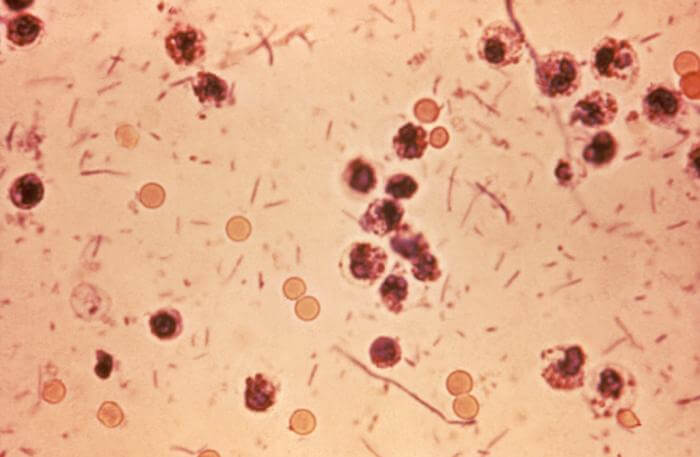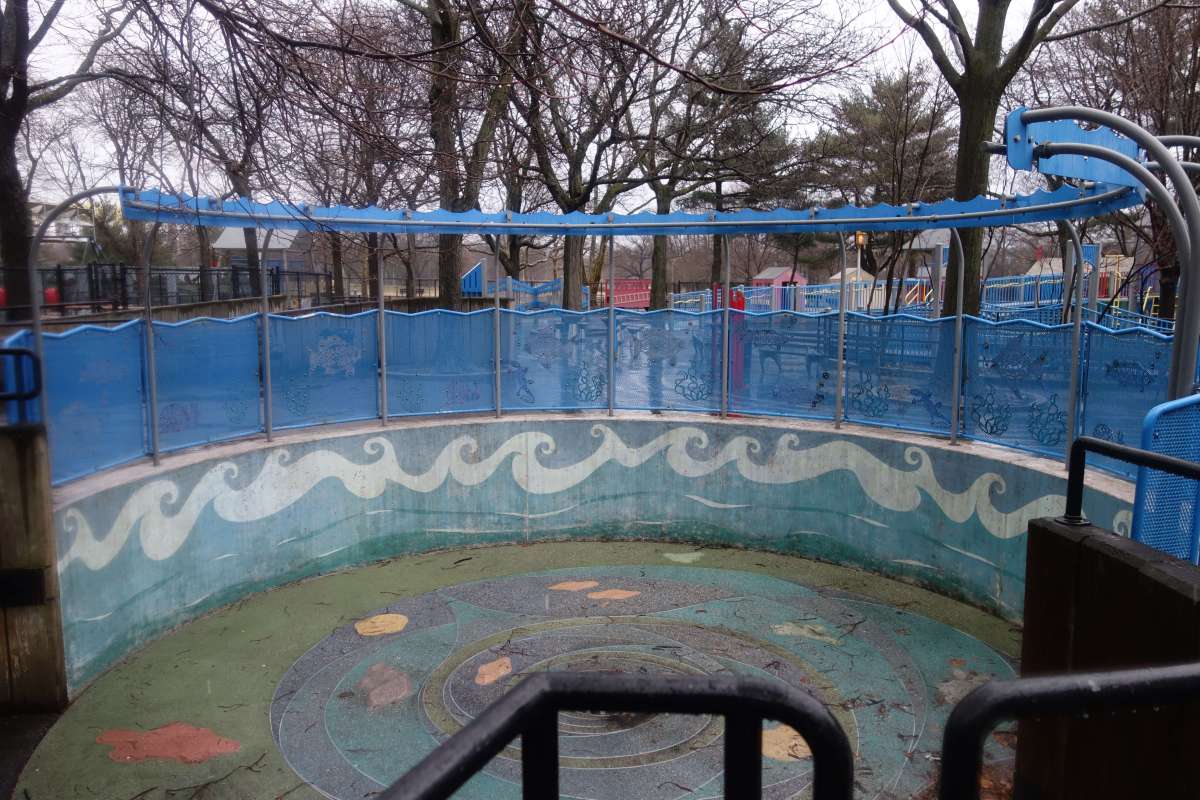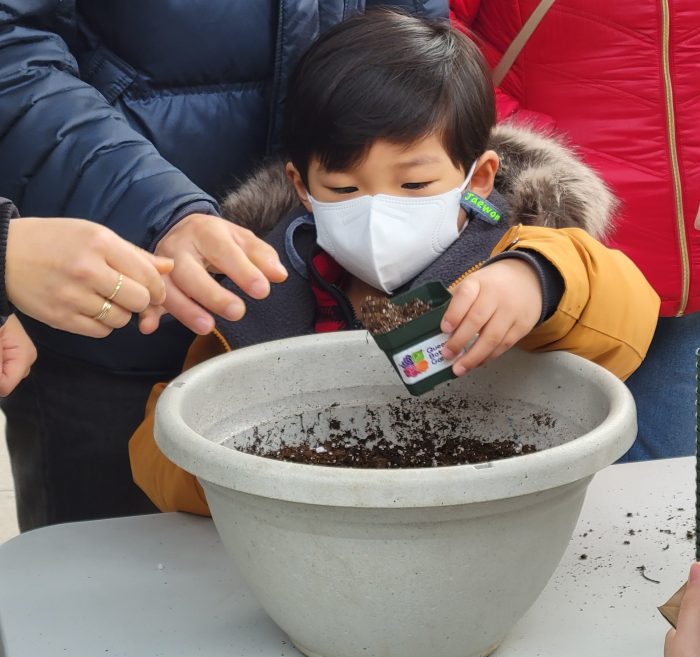A Flushing Meadows Corona Park playground has been sanitized following an investigation by the city Health Department into a bacterial infection outbreak that sickened 32 people.
The bacteria, identified as shigella, was investigated by the Health Department after several individuals reported symptoms after playing in the Playground for All Children’s spray shower and other water features to their specifications.
“We worked with the Parks Department to sanitize the splash pad and fountain areas, and these areas are now no longer a risk for shigella transmission,” a Health Department spokesman told QNS in a statement. “The Unisphere, the Playground For All Children, the Lawrence Street Playground, and the Jurassic Playground were all sanitized.”
A spokesman from the Parks Department confirmed to QNS that the playground was cleaned on July 20, working with the Health Department.
“As an additional precaution, staff also cleaned and disinfected all other spray showers in Flushing Meadows Corona Park,” a Parks Department spokesman told QNS.
Shigellosis is an infection that affects the intestines. It is caused by the bacteria (germs), shigella, and is a fairly common infection, especially among young children, according to the Health Department.
A mother told NY1 News that all four of her children tested positive for the bacteria after playing in the park earlier this month and were admitted to the hospital.
However, another parent said their child has never become sick playing at the park at least four times a week.
There have been 32 reported cases of shigellosis associated with Flushing Meadows Corona Park, the Health Department told QNS.

Anyone can get shigellosis, but it is seen most often in young children. The germ is spread by eating or drinking contaminated food or water, or by direct contact with an infected person.
People exposed to the shigella germ may experience mild or severe diarrhea, often with fever, nausea and cramps. There may be traces of blood or mucous in the stool. Some infected people may not show any symptoms, according to the Health Department.
To prevent the spread of shigellosis, the Health Department recommends washing hands often.
“Since germs are passed in stool (feces), the single most important prevention activity is frequent and careful hand washing with soap and warm running water after using the toilet or changing diapers,” the Health Department said.
































